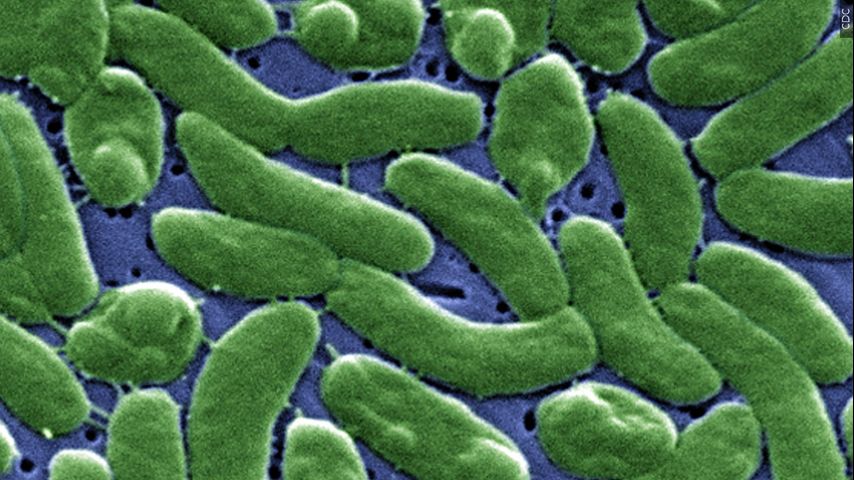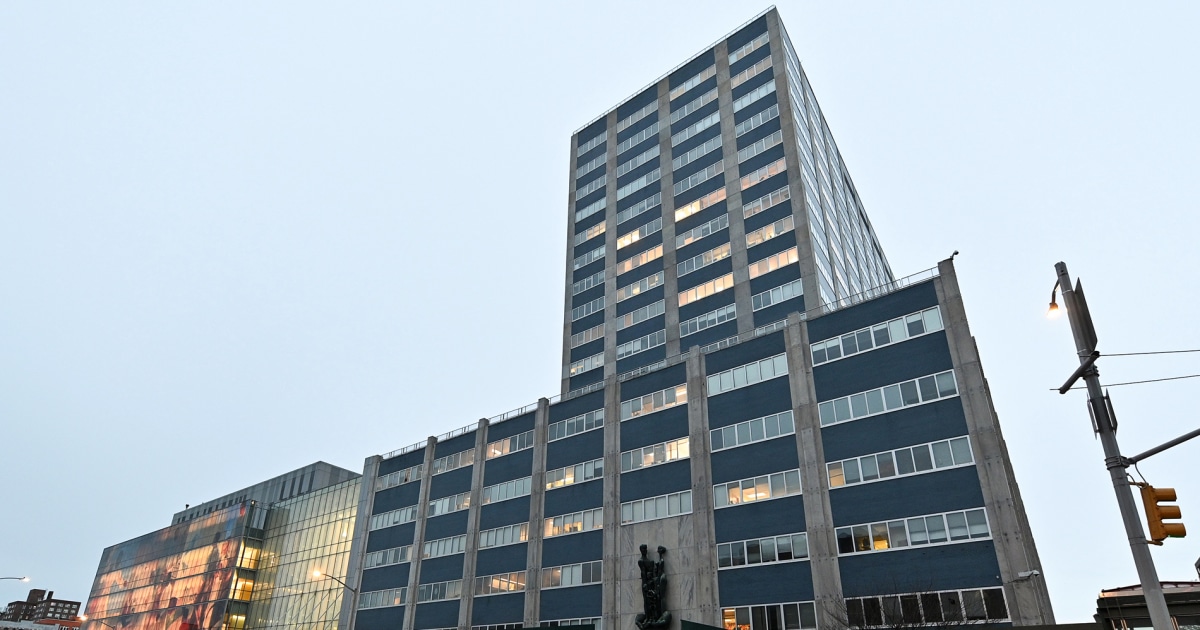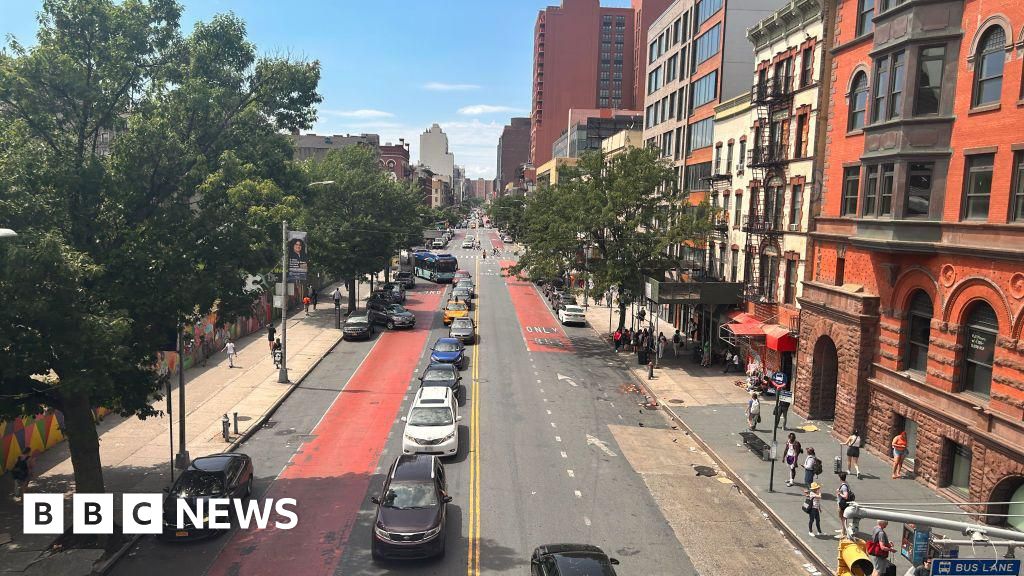Flesh-Eating Bacteria Outbreak: Two More Deaths in Louisiana

Introduction
The recent outbreak of flesh-eating bacteria in Louisiana has claimed two more lives, bringing the total death toll to four. The bacteria were found in oysters harvested from local waters, and the two latest victims had consumed them before falling ill. This alarming news has raised concerns about the safety of seafood in the state and has left many wondering how this deadly bacteria made its way into the oysters.
Key Details
The two individuals who tragically lost their lives were both elderly, with weakened immune systems. This makes them more vulnerable to infections and further highlights the severity of the situation. The Louisiana Department of Health has issued a warning to the public, advising them to avoid consuming raw or undercooked oysters. The bacteria responsible for the deaths, Vibrio vulnificus, occurs naturally in warm coastal waters and can also be found in raw or undercooked shellfish. It can cause severe skin infections, or in more severe cases, bloodstream infections leading to death.
Impact
This recent outbreak has not only resulted in the loss of lives but has also had a significant impact on the oyster industry in Louisiana. Many restaurants have stopped serving oysters altogether, and sales have plummeted. The state's seafood industry, which is a significant source of income for many, has also suffered. This outbreak serves as a reminder of the importance of proper food
About the Organizations Mentioned
Louisiana Department of Health
The **Louisiana Department of Health (LDH)** is the state agency responsible for protecting and promoting health while ensuring access to medical, preventive, and rehabilitative services for all Louisiana residents. As the largest state agency, LDH operates with a budget of approximately $21 billion and employs over 6,500 personnel. Its headquarters are in Baton Rouge, and it oversees a broad array of health-related functions, including public health, aging and adult services, behavioral health, developmental disabilities, Medicaid, and nutrition assistance programs like SNAP[1][2][5][6]. Historically known as the Louisiana Department of Health and Hospitals, LDH has evolved to coordinate comprehensive healthcare delivery and public health initiatives statewide. It administers licensing for healthcare professionals and facilities, manages Medicaid and Medicare certification, and provides adult protective services. The agency also oversees emergency preparedness and environmental health inspections, such as those for restaurants and water facilities[1][3][5]. Under current leadership, Secretary Ralph L. Abraham, M.D., a practicing family physician and former U.S. Congressman, the department has emphasized individualized public health policies. Notably, in 2024, LDH shifted from mass vaccination promotion for influenza, COVID-19, and Mpox towards encouraging personal choice to rebuild public trust[1]. LDH actively addresses pressing health challenges, including substance abuse and maternal health. Its Project M.O.M. aims to reduce pregnancy-associated opioid overdose deaths by 80% within three years, a critical initiative given that opioid overdose has been the leading cause of pregnancy-associated deaths in Louisiana since 2018[6]. The department also adapts to emerging public health needs such as the rise in whooping cough cases and the ongoing impacts of the COVID-19 pandemic. It engages with hospitals, healthcare providers, academia, and community organizations to improve rural healthcare delivery and expand access to innovative health solutions[4][6]. In sum, LDH plays a vital role in shaping Louisiana’s healthcare landscape through extensive servic














